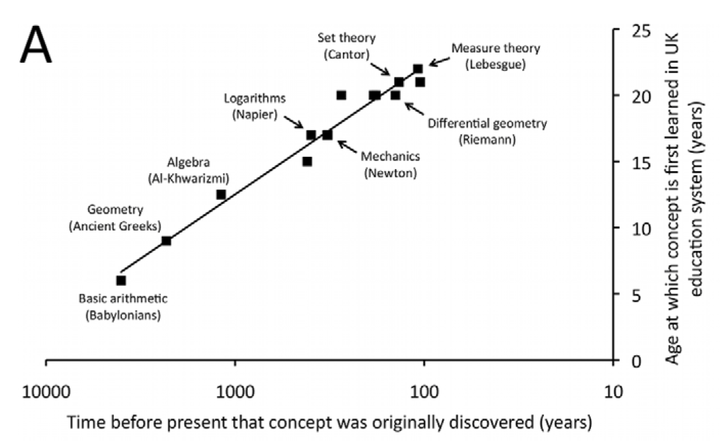Variable cultural acquisition costs constrain cumulative cultural evolution

Abstract
One of the hallmarks of the human species is our capacity for cumulative culture, in which beneficial knowledge and technology is accumulated over successive generations. Yet previous analyses of cumulative cultural change have failed to consider the possibility that as cultural complexity accumulates, it becomes increasingly costly for each new generation to acquire from the previous generation. In principle this may result in an upper limit on the cultural complexity that can be accumulated, at which point accumulated knowledge is so costly and time-consuming to acquire that further innovation is not possible. In this paper I first review existing empirical analyses of the history of science and technology that support the possibility that cultural acquisition costs may constrain cumulative cultural evolution. I then present macroscopic and individual-based models of cumulative cultural evolution that explore the consequences of this assumption of variable cultural acquisition costs, showing that making acquisition costs vary with cultural complexity causes the latter to reach an upper limit above which no further innovation can occur. These models further explore the consequences of different cultural transmission rules (directly biased, indirectly biased and unbiased transmission), population size, and cultural innovations that themselves reduce innovation or acquisition costs.